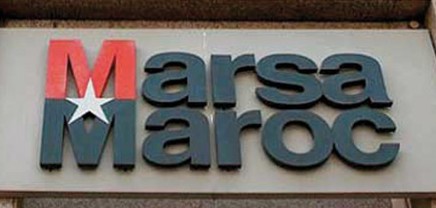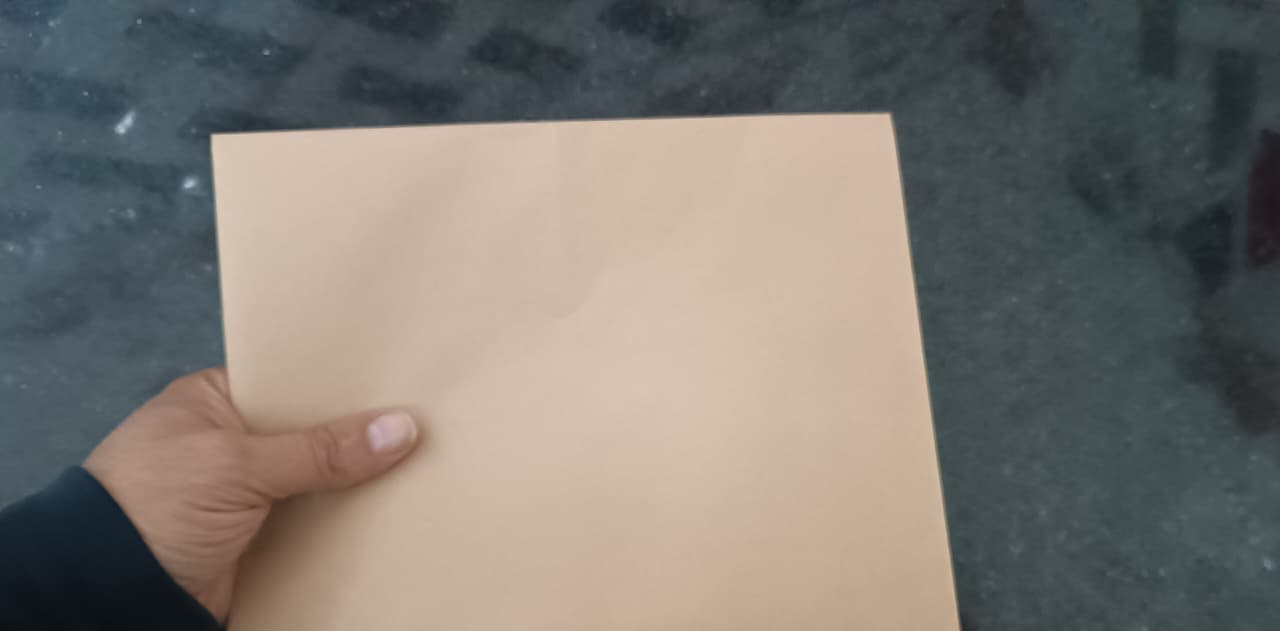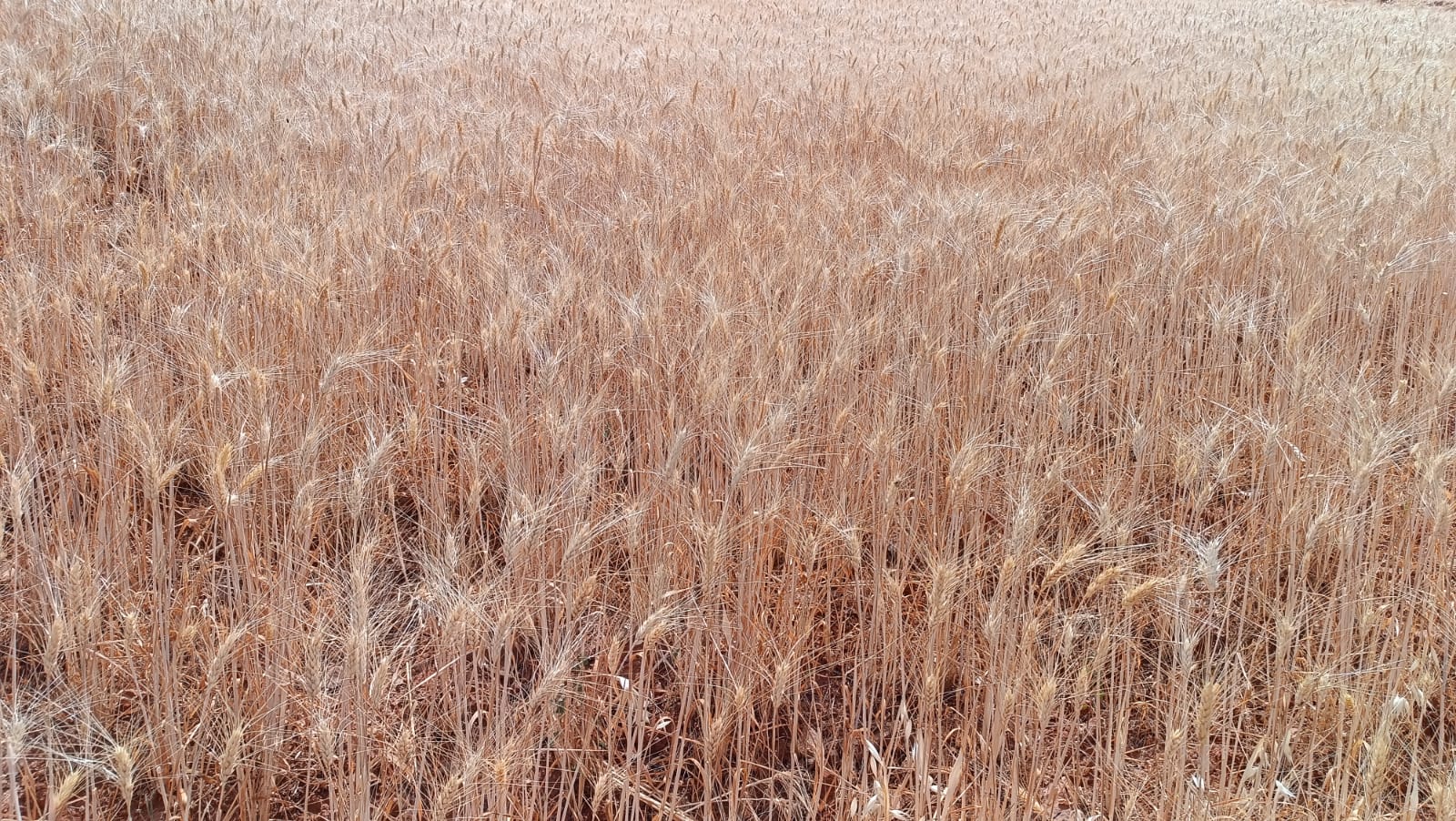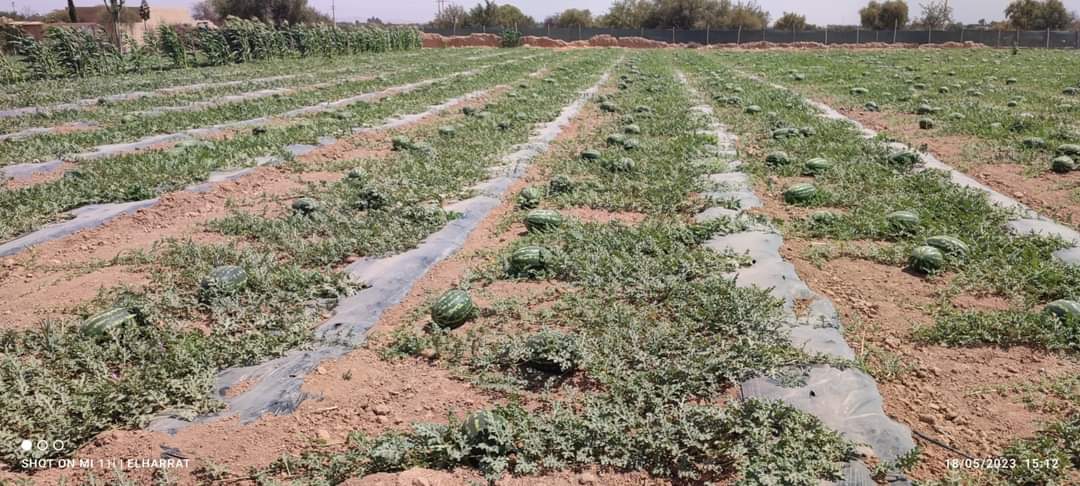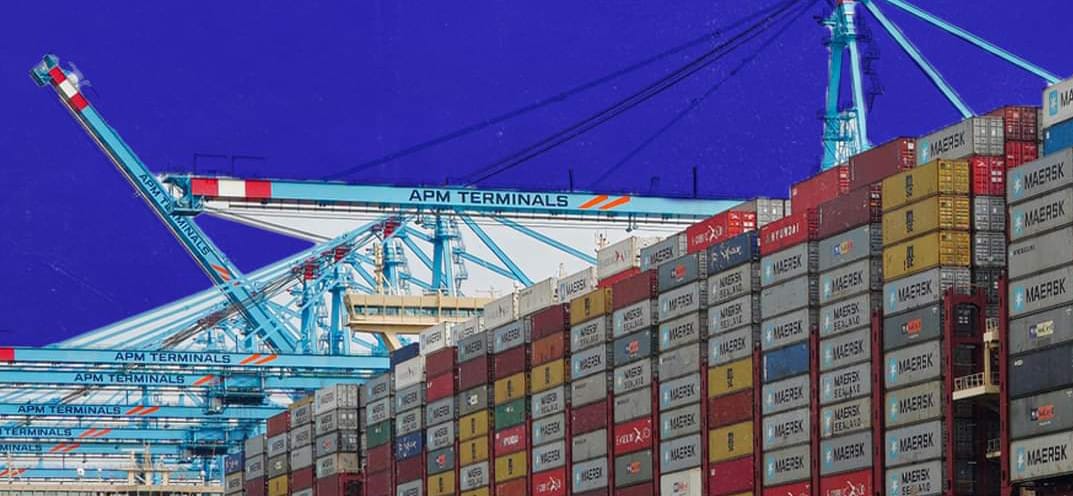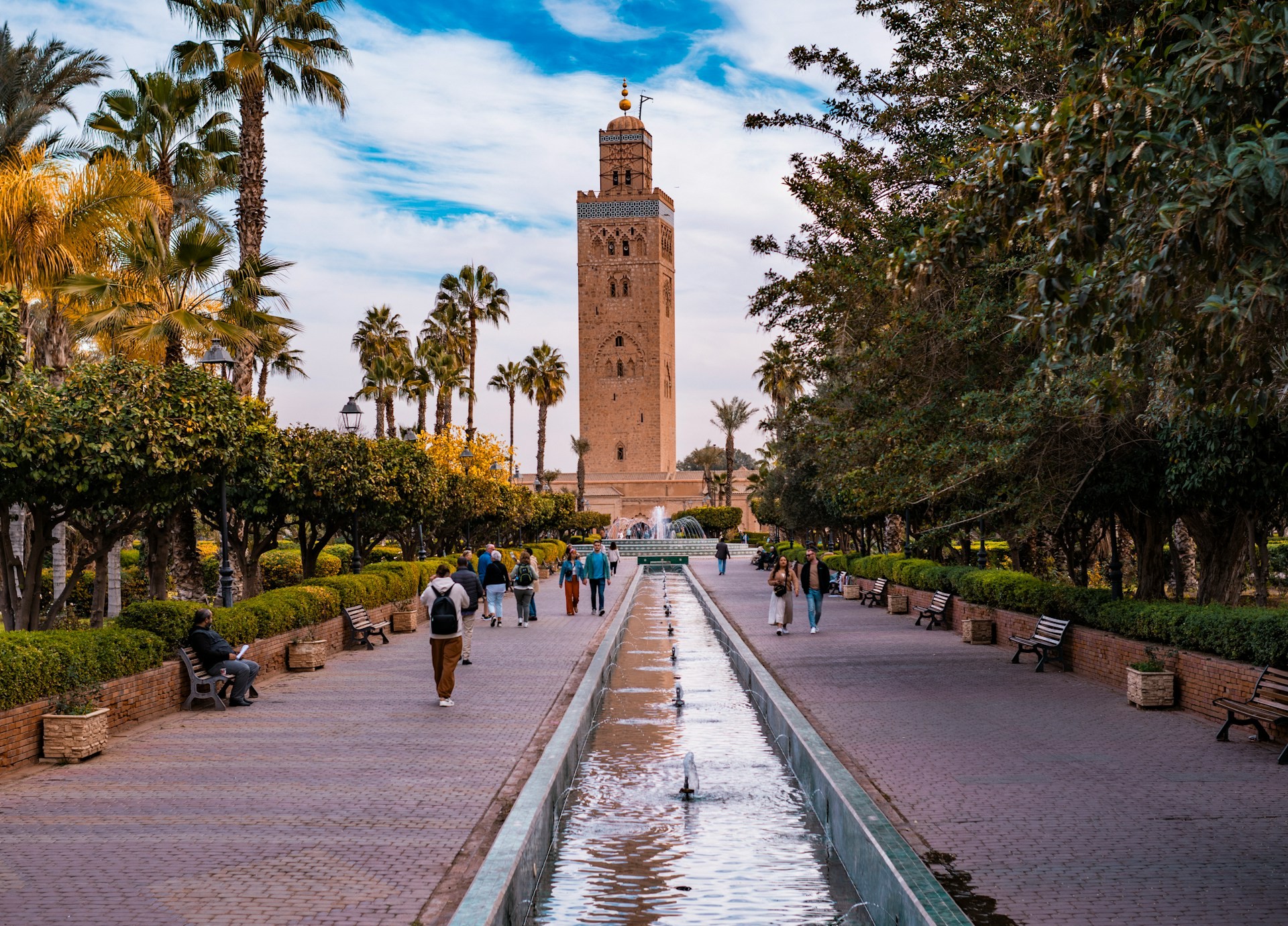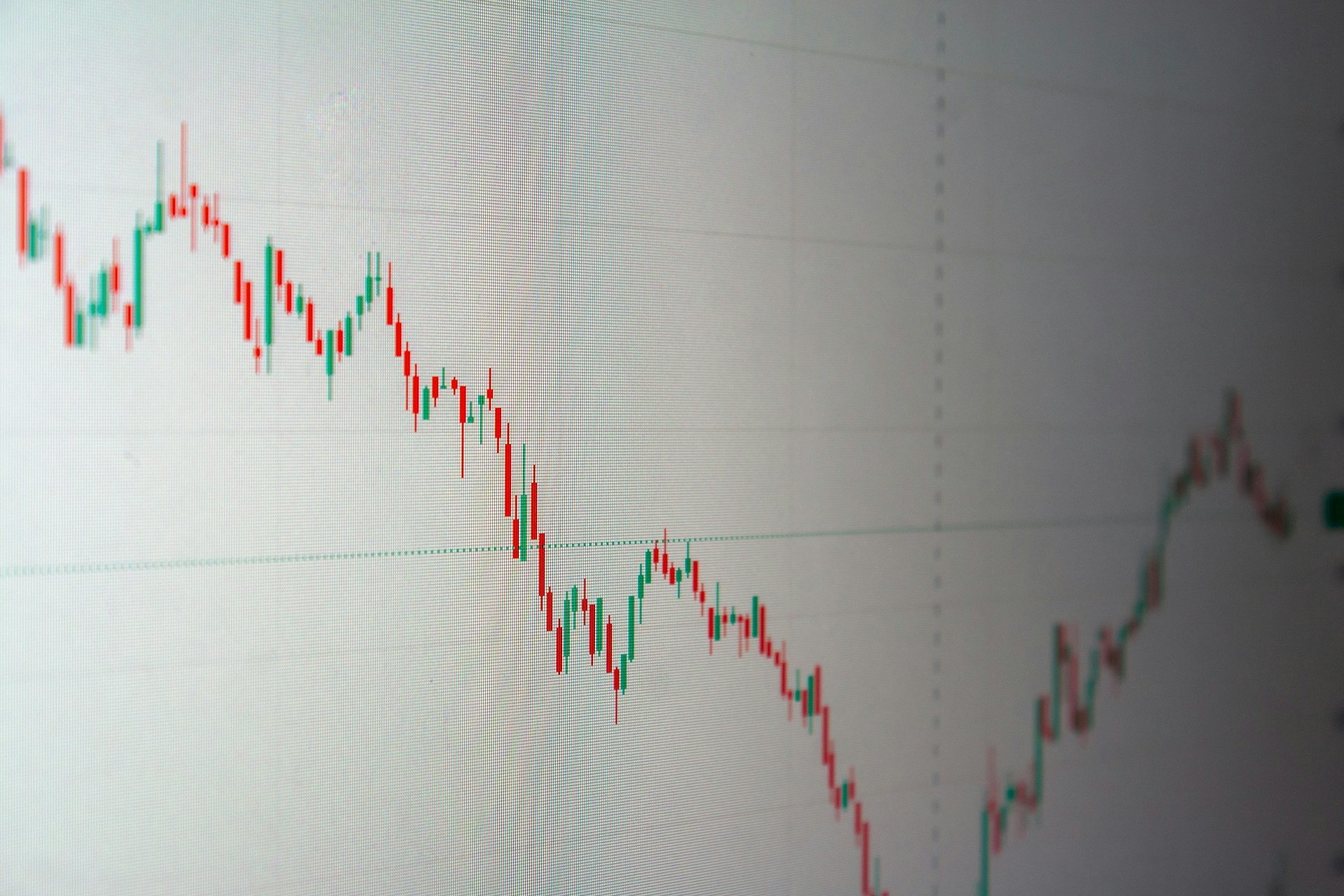Casablanca – Morocco is facing another challenging year for cereal production, with the Ministry of Agriculture, Maritime Fisheries, Rural Development, and Water and Forests projecting a 43% decline in output for the 2023/2024 season. This year’s total cereal production is estimated at 31.2 million quintals, significantly lower than the 55.1 million quintals produced last season.
The ministry’s data reveals that the national production is expected to include 17.5 million quintals of soft wheat, 7.1 million quintals of durum wheat, and 6.6 million quintals of barley. This decline is attributed to several factors, including a 31% decrease in rainfall compared to a normal season. However, rainfall levels have improved by 9% compared to the previous year.
This year’s reduction follows a recent pattern of fluctuating production levels. In 2022, Morocco experienced a significant 67% drop in cereal production, with a total output of 34 million quintals, compared to a high of 98 million quintals in 2021.
Given these figures, Morocco must increasingly rely on the international market to meet its cereal needs and mitigate potential price increases. Over the past months, the government has supported importers to boost national reserves, ensuring the availability of essential commodities.
The ongoing production shortfall necessitates further imports, especially as global cereal prices rise due to adverse weather conditions in major producing countries like Russia, France, and Brazil, and the war in Ukraine. To cover the annual shortfall, Morocco needs to import up to 100 million quintals.
Specifically, the country requires imports of 50 million quintals of soft wheat, 9 million quintals of durum wheat, and 23 million quintals of barley. Years of drought have severely impacted local production, leaving markets dependent on imported products.
Despite these challenges, the Moroccan government has taken significant steps to support the agricultural sector. It has encouraged wheat imports and subsidized storage costs, which importers cannot afford alone, thereby ensuring national reserves that protect food security. This support is crucial to maintaining stable prices for essential products, including bread and flour.
The Ministry of Agriculture continues to support national production chains despite the adverse conditions. The only viable solution remains importing cereals, currently priced at approximately $27 per quintal, with the government covering the price differences to stabilize the market. Through these efforts, Morocco aims to navigate the ongoing agricultural challenges and ensure food security for its population.
